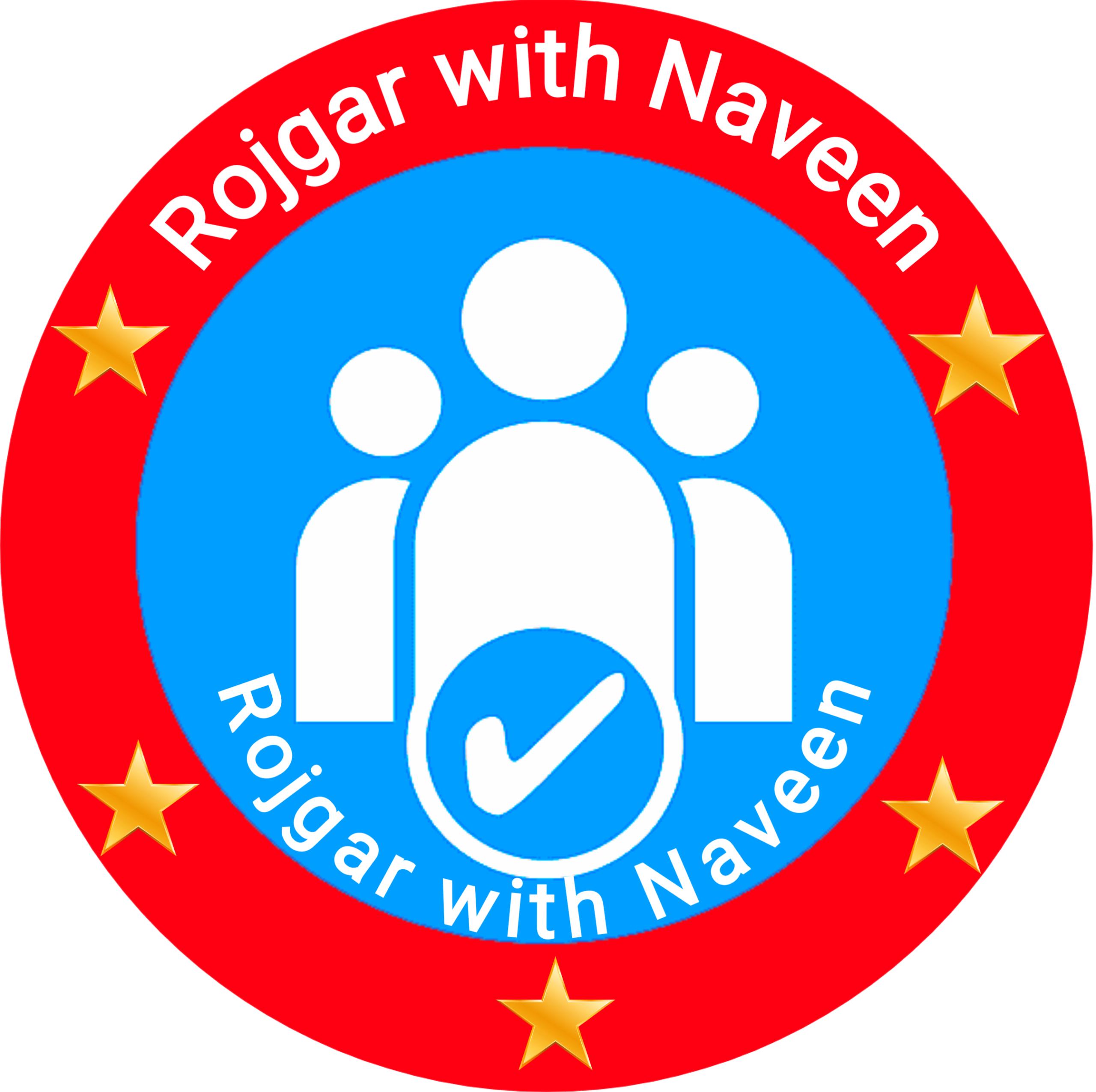UPP Reasoning Marathon Complete Reasoning – A “Reasoning Marathon” typically refers to an extensive practice session aimed at covering various topics in reasoning to prepare for competitive exams like those conducted by the Uttar Pradesh Police (UPP). Here’s a suggested plan for a comprehensive Reasoning Marathon covering different reasoning topics:
UPP Reasoning Marathon Complete Reasoning
Day 1: Analogies
- Practice identifying relationships between pairs of words and solving analogy questions.
- Work on different types of analogies such as synonym, antonym, part to whole, etc.
- Solve a variety of analogy-based questions from practice books or online resources.
Day 2: Classification
- Understand the concept of classification and practice categorizing items based on given criteria.
- Solve classification questions from previous year UPP exams or practice papers.
- Focus on identifying the common theme or characteristic among given items.
Day 3: Series
- Study different types of series such as number series, letter series, and figure series.
- Practice identifying patterns and completing or predicting the next term in a series.
- Solve a variety of series-based questions to build pattern recognition skills.
Day 4: Coding-Decoding
- Learn different coding and decoding techniques such as letter shifting, letter replacement, number substitution, etc.
- Practice solving coding-decoding questions from previous year papers or sample tests.
- Focus on understanding the logic behind the coding patterns and applying them to decode given words or phrases.
Day 5: Direction Sense
- Understand the basics of direction sense and practice solving direction-based questions.
- Learn shortcut techniques to quickly determine directions and navigate through spatial arrangements.
- Solve a variety of direction sense problems to improve speed and accuracy.
Day 6: Blood Relations
- Study different types of blood relation problems such as coded relations, family tree, etc.
- Practice solving blood relation questions using logical deductions and family diagrams.
- Focus on understanding the relationships between family members and applying them to solve problems.
Day 7: Order and Ranking
- Learn concepts related to ordering and ranking such as ranking from top/bottom, arranging in ascending/descending order, etc.
- Practice solving questions involving ranking of individuals or objects based on given criteria.
- Work on solving problems involving multiple conditions or constraints.
Day 8: Alphabet and Number Test
- Practice solving alphabet and number series questions.
- Work on alphabet coding-decoding problems and numerical operations based on given rules.
- Solve a variety of questions involving alphabetical and numerical patterns.
Day 9: Syllogism
- Understand the basic principles of syllogism and different types of statements (positive, negative, possibility, etc.).
- Practice solving syllogism questions using Venn diagrams, logical deductions, and rules of inference.
- Focus on identifying valid and invalid conclusions based on given premises.
Day 10: Seating Arrangement
- Learn different types of seating arrangements such as linear arrangement, circular arrangement, etc.
- Practice solving seating arrangement problems based on given conditions or constraints.
- Focus on visualization and logical deduction to arrange individuals or objects in a given pattern.
Day 11: Logical Deduction
- Practice solving logical deduction questions involving conditional statements, logical connectives, etc.
- Work on identifying valid and invalid arguments based on given premises.
- Focus on understanding the structure of arguments and drawing logical conclusions.
Day 12: Statement and Assumptions/Course of Action/Arguments
- Understand the concepts of statement and assumptions, course of action, and arguments.
- Practice solving questions involving identifying assumptions, evaluating courses of action, and analyzing arguments.
- Focus on critically analyzing given statements and determining their logical validity.
Day 13: Data Sufficiency
- Learn strategies for solving data sufficiency questions involving mathematical and logical reasoning.
- Practice solving data sufficiency problems by analyzing given statements and determining whether they provide sufficient information to answer the question.
- Focus on understanding the relationships between different pieces of data and determining their relevance to the question.
Day 14: Critical Reasoning
- Study different types of critical reasoning questions such as strengthening/weakening arguments, identifying assumptions, drawing conclusions, etc.
- Practice solving critical reasoning problems by analyzing the given arguments and evaluating their logical validity.
- Focus on identifying the strengths and weaknesses of arguments and drawing logical conclusions based on given premises.
Day 15: Visual Reasoning
- Learn different types of visual reasoning problems involving patterns, shapes, and figures.
- Practice solving visual reasoning questions by identifying relationships and completing given patterns or sequences.
- Focus on spatial visualization and pattern recognition skills to solve visual reasoning problems effectively.
UPP Reasoning Marathon Complete Reasoning
This suggested Reasoning Marathon plan covers a wide range of reasoning topics commonly included in competitive exams like those conducted by the Uttar Pradesh Police. Remember to practice regularly, solve a variety of questions from each topic, and analyze your mistakes to improve your reasoning skills effectively.
Latest Govt Jobs Click here
